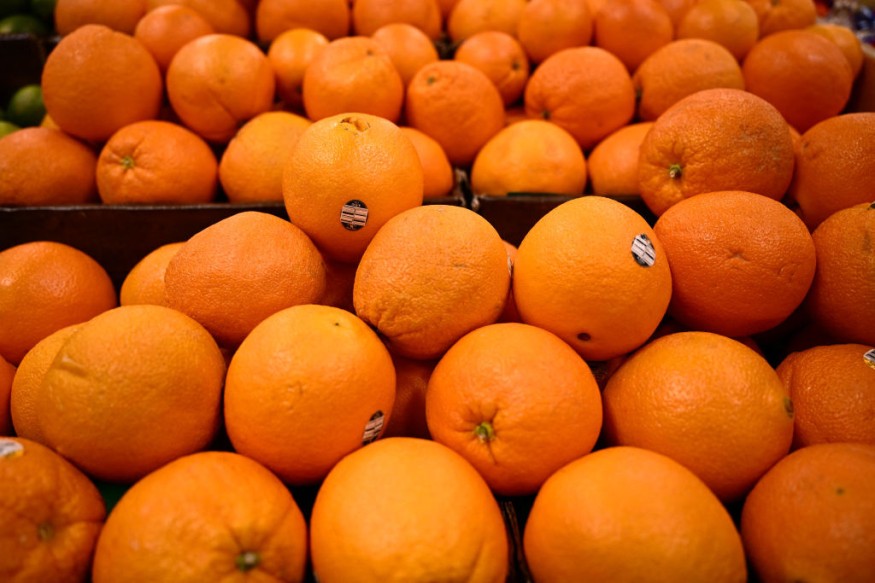
Brazil's orange production is anticipated to fall by more than 24% due to drought and citrus greening disease.
Orange Production
Brazil is the world's leading producer and exporter of orange juice, whose worldwide supplies have been hovering around historic lows following four straight seasons of modest crops in the South American country.
But the country's orange-growing regions have recently faced significant drought and heat stress in the crop's flowering phase, as well as frightening incidences of citrus greening disease, an incurable bacterial illness.
Brazil's primary orange-producing areas in the states of Sao Paulo and Minas Gerais are projected to harvest 232.38 million 40.8-kg boxes this year, Fundecitrus stated, down 24.36% from the previous cycle.
That would be the lowest since 1988/89, when production peaked at 214 million boxes, according to information collated both by Fundecitrus and orange juice exporters group CitrusBR.
"The number surprised us. Climate effects have strongly affected the industry," Fundecitrus head Juliano Ayres said.
The problem in Brazil has been worsened by decreased productivity in other key orange-growing regions like Florida, Israel, Spain, and Argentina.
The U.S. has also seen a substantial fall in orange production. According to the U.S. According to the Department of Agriculture's (USDA) May prediction, citrus production in Florida, one of the country's largest orange producers, is down 5%.
Combined, these factors saw the futures price of frozen concentrated orange juice, which reflects a future contract for future delivery, achieve an all-time high last week.
Alternative Fruit
The scarcity of the citrus fruit has pushed the price of orange juice up to historic highs.
Furthermore, according to Kees Cools, president of the International Fruit and Vegetable Juice Association, juice producers may have to rely on alternative citrus fruits to meet consumer demand while lowering costs, as the world's top orange-producing nations predict a fall in orange production.
He went on to say that mandarins might need to be added to oranges by juice producers. However, he added, it will prevent them from "touching the naturalness and image of the product" by utilizing "a different species of fruit."
The IFU has contemplated initiating the regulatory procedure that would permit the beverage to incorporate citrus fruits other than oranges. However, doing so would necessitate amending the Codex Alimentarius food standards code, which was created by US and UN agencies. Food and Drug Management Agency.
According to Francois Sonneville, a senior drinks analyst at Rabobank, because of price increases and shifting customer behavior, orange juice demand was down by almost a fifth from the previous year.
"The global orange juice industry is in crisis. The Florida industry has all but disappeared, and Brazilian groves are plagued by disease, rising costs, and unfavorable growing conditions, leaving global orange juice supplies at their lowest point in decades," he said.
The problems with orange production initially came to light in 2022, when some Florida groves were severely damaged by a hurricane and a cold winter.
Orange juice producers have been compelled to think about adding other liquids to replace the citrus and help save costs due to shortages during the last three seasons, which also reduced supplies of frozen product for blending.
Related Article : Asian Insect Destroying Florida Orange Juice Crop
© 2025 NatureWorldNews.com All rights reserved. Do not reproduce without permission.





